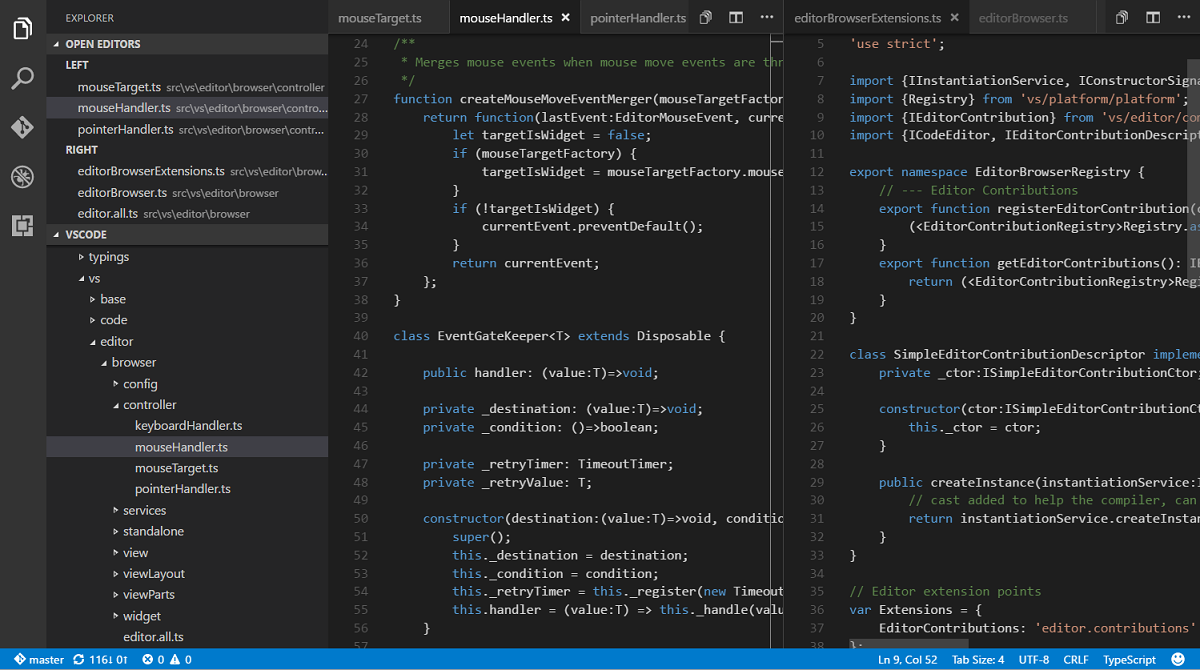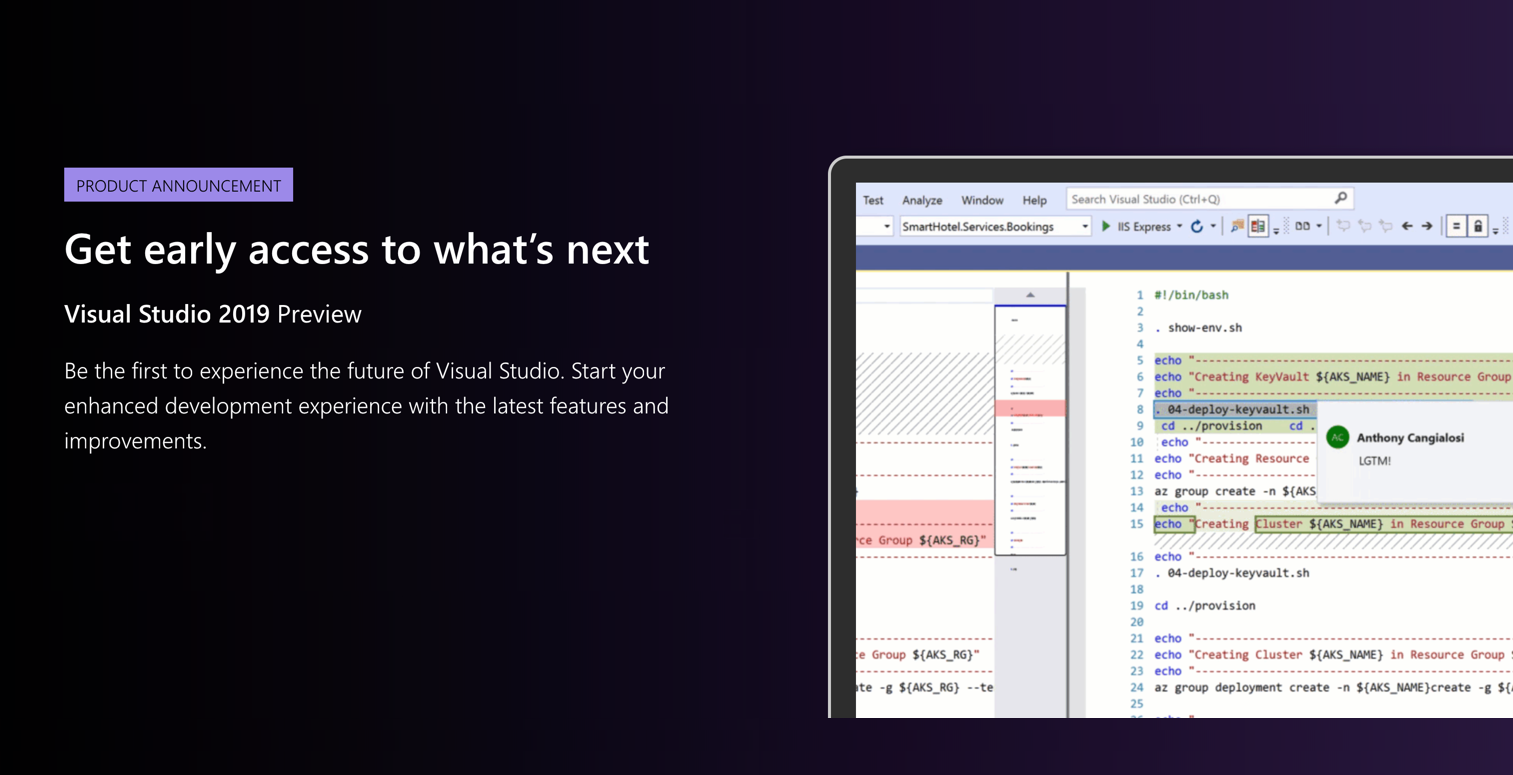

What else could be going on? Another distinguishing feature of Eclipes, IntelliJ, and Visual Studio is their strong association with Java and C#, so might we merely be seeing the result of a correlation between specific editors and specific languages? However, P圜harm is also a full-featured IDE, and it shows a high pass rate. What do Eclipse, IntelliJ and Visual Studio have in common? Well, they are all IDEs. On the negative end, engineers who use Eclipse, intelliJ and Visual Studio pass our interview at lower rates. This undercuts that narrative a bit (and makes VS Code look even more dominant).ĭo Emacs and Vim users have some other characteristic that makes them more likely to succeed during interviews? Perhaps they tend to be more willing to invest time and effort customizing a complex editor in the short-term in order to get returns from a more powerful tool in the long-term? However, notice that VS Code is the third best editor - and it is brand new. You might expect their users to have more experience and, thus, to do better. What could explain this phenomenon? One possible explanation is that Vim and Emacs are old school. Emacs users pass our interview at a rate 50% higher than other engineers.

First, notice the preeminence of Emacs and Vim! Engineers who use these editors pass our interview at significantly higher rates than other engineers.

This chart shows the rates at which each editor’s users pass our interview compared to the mean pass rate for all candidates.


 0 kommentar(er)
0 kommentar(er)
